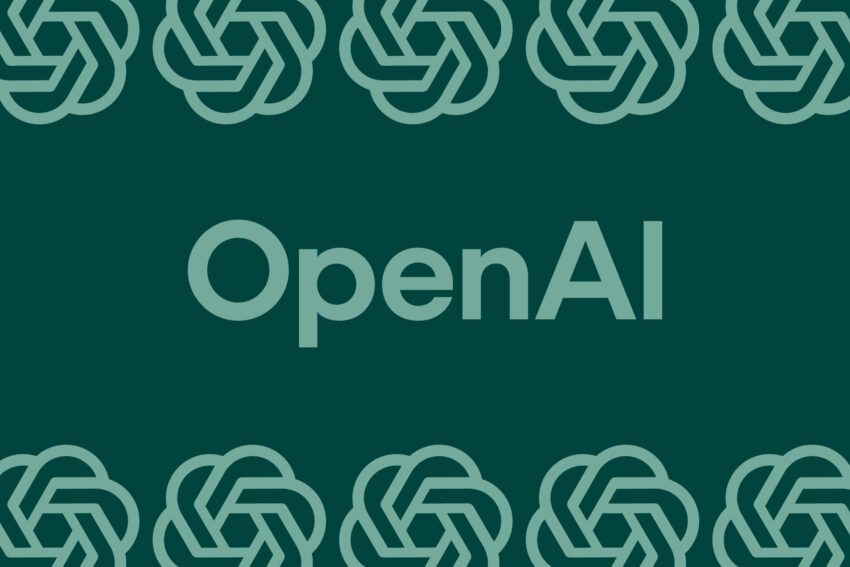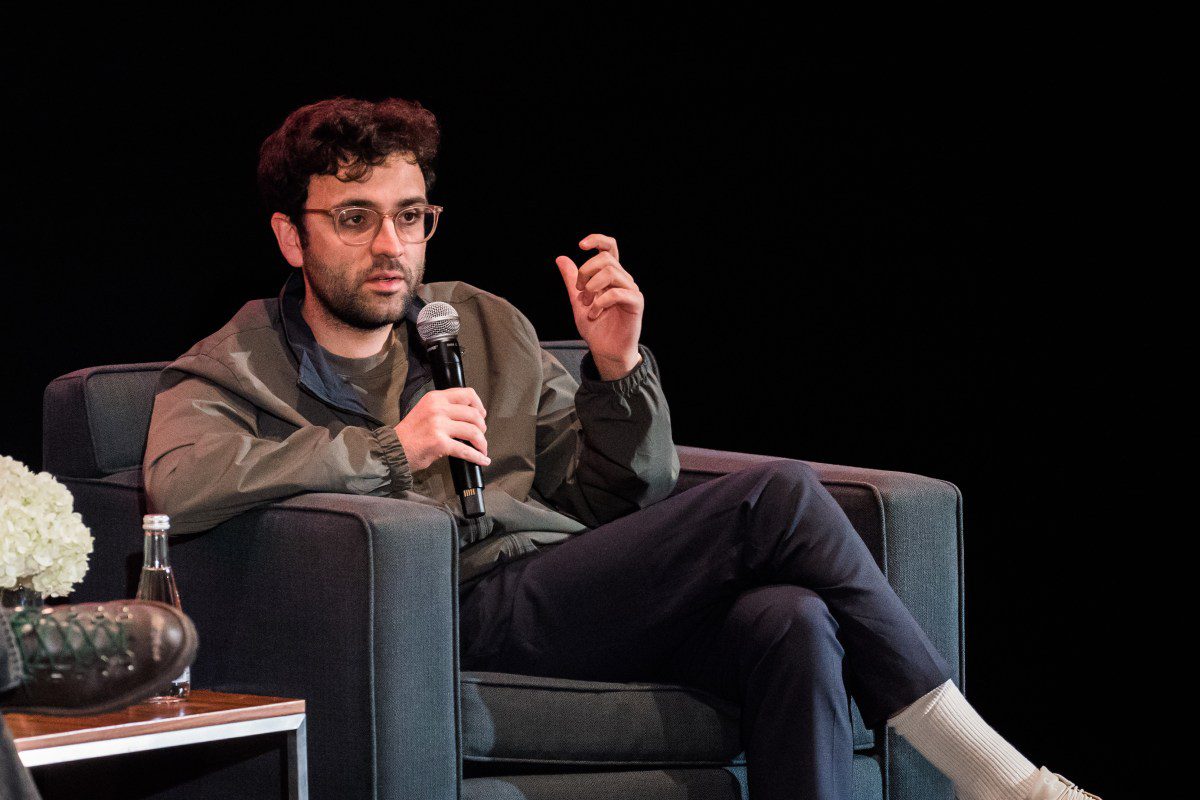
openai allegedly sent police to an ai OpenAI has allegedly taken drastic measures against advocates for AI regulation, including sending police to serve subpoenas to a prominent critic.
openai allegedly sent police to an ai
Background on the Incident
Nathan Calvin, a lawyer at Encode AI, recently shared a troubling experience that raises questions about the lengths to which OpenAI may go to silence dissent. Calvin claims that on a Tuesday evening, while he and his wife were having dinner, a sheriff’s deputy knocked on their door to serve him a subpoena from OpenAI. This incident has sparked significant concern among advocates for AI regulation and raised alarms about the potential misuse of legal tactics to intimidate critics.
The Subpoena Details
Calvin’s subpoena not only targeted him personally but also sought information from Encode AI, the organization he represents. The sheriff’s deputy reportedly requested Calvin’s private messages with California legislators, college students, and former OpenAI employees. This aggressive approach has led Calvin to believe that OpenAI is using the pretext of its legal battles to intimidate those who advocate for regulatory measures in the AI sector.
Context of the Legal Battle
The backdrop of this incident is OpenAI’s ongoing legal dispute with Elon Musk. Last month, The San Francisco Standard reported that OpenAI had issued subpoenas to Encode AI as part of its countersuit against Musk. OpenAI claims that Musk has engaged in “bad-faith tactics to slow down OpenAI.” The legal entanglement stems from Musk’s efforts to block OpenAI from transitioning into a for-profit entity, which he argues could compromise its original mission of ensuring safe and beneficial AI.
Implications of the Subpoenas
Calvin expressed his concerns about the implications of OpenAI’s actions, stating, “I believe OpenAI used the pretext of their lawsuit against Elon Musk to intimidate their critics and imply that Elon is behind all of them.” This sentiment reflects a growing unease among advocates who fear that legal tactics may be employed to stifle dissenting voices in the rapidly evolving AI landscape.
Encode AI’s Advocacy Efforts
Encode AI has been at the forefront of advocating for safety in AI technologies. The organization recently organized an open letter urging OpenAI to clarify its plans for maintaining its nonprofit mission amid corporate restructuring. Additionally, Encode AI has been a proponent of SB 53, a landmark AI bill in California that was signed into law in September. This legislation mandates that large AI companies disclose information about their safety and security processes, aiming to enhance transparency in the industry.
Calvin’s Reaction
Calvin has been vocal about his discontent with OpenAI’s tactics, stating, “This is not normal. OpenAI used an unrelated lawsuit to intimidate advocates of a bill trying to regulate them. While the bill was still being debated.” He emphasized that he did not comply with the subpoena and did not provide any of the requested documents, standing firm in his commitment to advocate for responsible AI practices.
Responses from OpenAI and Other Stakeholders
When approached for comment, OpenAI directed The Verge to a statement made by Aaron Kwon, the company’s chief strategy officer. Kwon explained that the goal of the subpoenas was to “understand the full context of why Encode chose to join Elon’s legal challenge.” He noted that Encode had supported Musk’s efforts to prevent OpenAI from becoming a for-profit entity last year.
Concerns from AI Watchdog Groups
The situation has drawn attention from other organizations as well. Tyler Johnston, founder of the AI watchdog group The Midas Project, reported that his organization also received subpoenas from OpenAI. Johnston revealed that OpenAI requested a comprehensive list of individuals and organizations that The Midas Project had communicated with regarding OpenAI’s restructuring. This broad request raises questions about the extent to which OpenAI is willing to go to gather information on its critics.
The Midas Project’s Response
In an emailed statement to The Verge, Jack Kelly, chief of staff at The Midas Project, pushed back against Kwon’s justification for the subpoenas. Kelly pointed out that The Midas Project received a similar subpoena despite not being a party to the legal case involving Musk and OpenAI. This discrepancy raises concerns about the fairness and appropriateness of OpenAI’s legal tactics.
Internal Reactions at OpenAI
Within OpenAI, there appears to be a recognition of the potential ramifications of these actions. Joshua Achiam, the head of mission alignment at OpenAI, responded to Calvin’s post on X, expressing concern about the implications of the subpoenas. Achiam stated, “At what is possibly a risk to my whole career I will say: this doesn’t seem great. We can’t be doing things that make us into a frightening power instead of a virtuous one.” His comments suggest an internal struggle within the organization regarding the balance between legal strategy and ethical considerations.
The Broader Implications for AI Regulation
The incident involving OpenAI and the subpoenas raises broader questions about the future of AI regulation and the role of advocacy groups in shaping policy. As AI technologies continue to advance rapidly, the need for effective regulatory frameworks becomes increasingly urgent. However, the tactics employed by OpenAI may deter individuals and organizations from engaging in advocacy for fear of legal repercussions.
Conclusion
The allegations against OpenAI highlight a troubling trend in the intersection of technology and law. As advocates for AI regulation face intimidation tactics, the need for transparency and accountability in the AI sector becomes more critical than ever. The actions taken by OpenAI may not only impact its relationship with advocacy groups but also set a precedent for how tech companies engage with critics in the future. As the debate over AI regulation continues, stakeholders must remain vigilant to ensure that the pursuit of innovation does not come at the expense of ethical considerations and public trust.
Source: Original report
Was this helpful?
Last Modified: October 11, 2025 at 7:36 am
0 views















